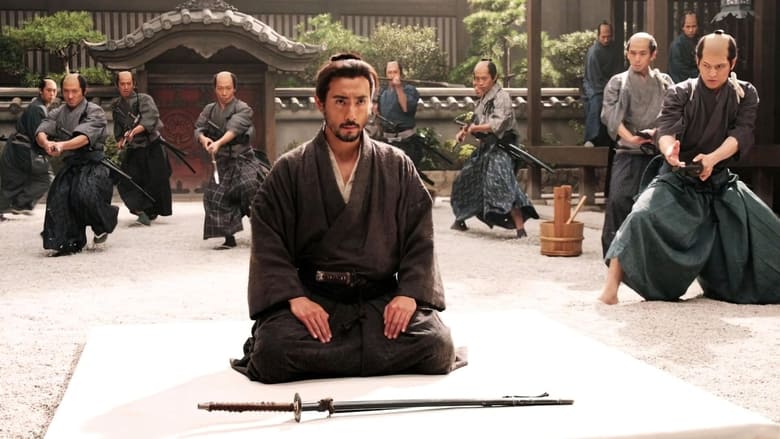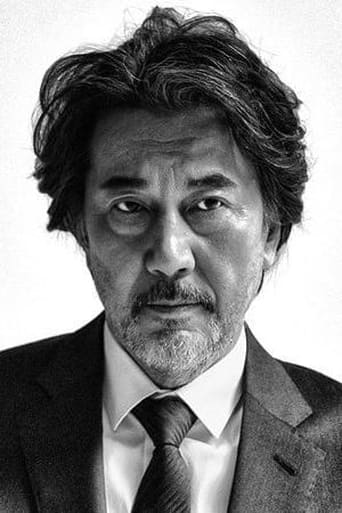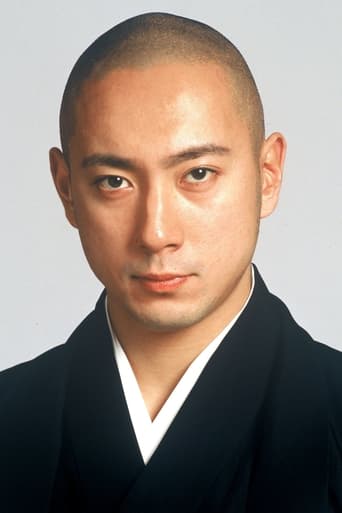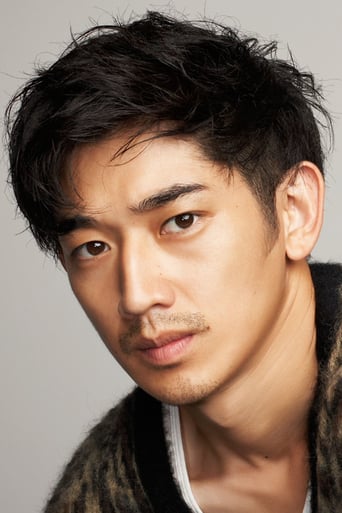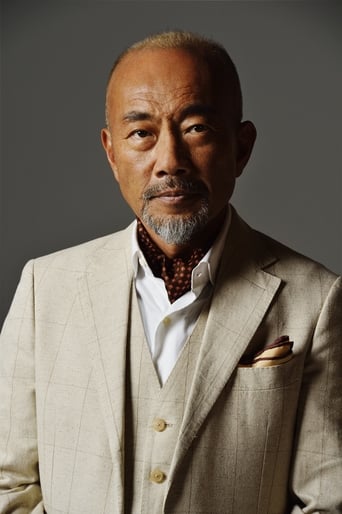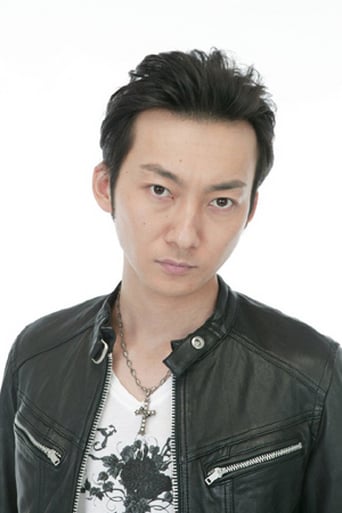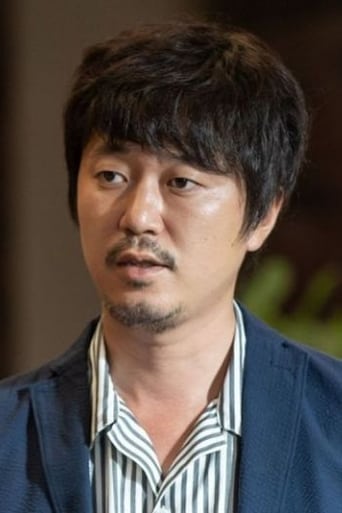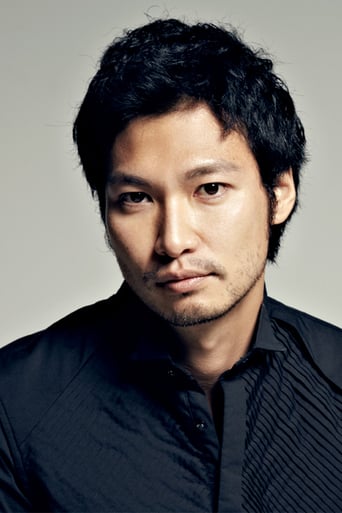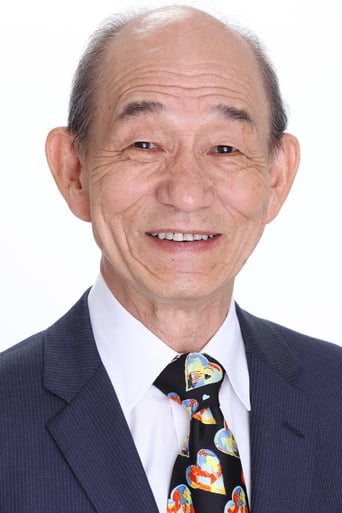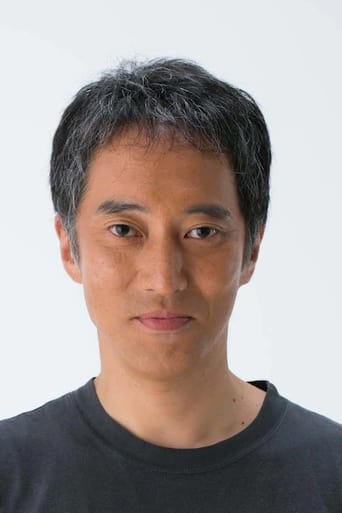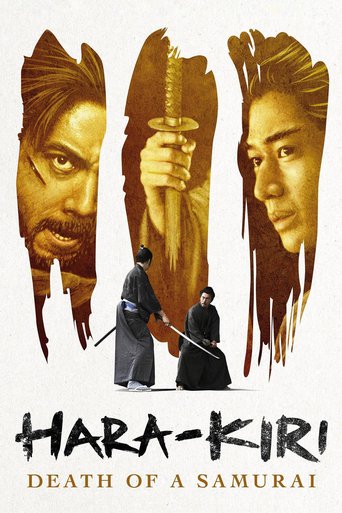
A tale of revenge, honor and disgrace, centering on a poverty-stricken samurai who discovers the fate of his ronin son-in-law, setting in motion a tense showdown of vengeance against the house of a feudal lord.
Similar titles

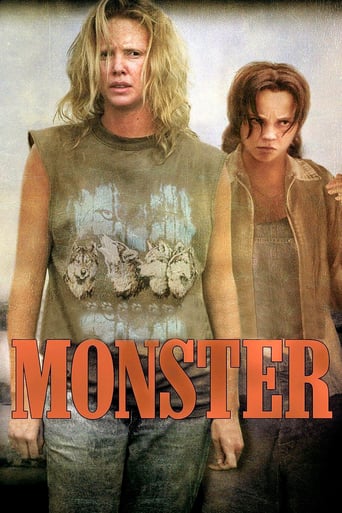
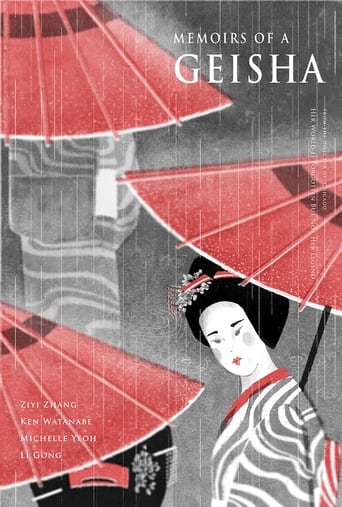
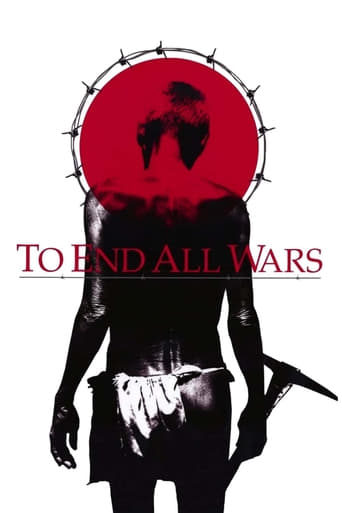

You May Also Like
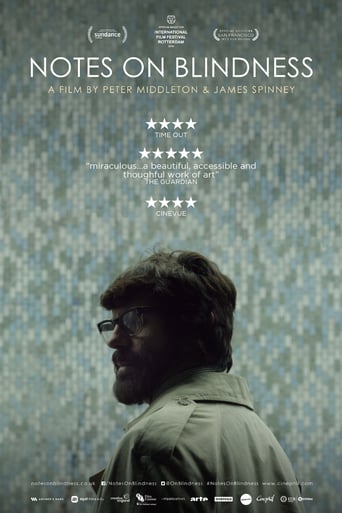
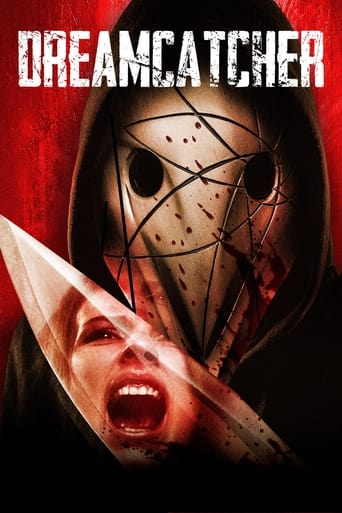
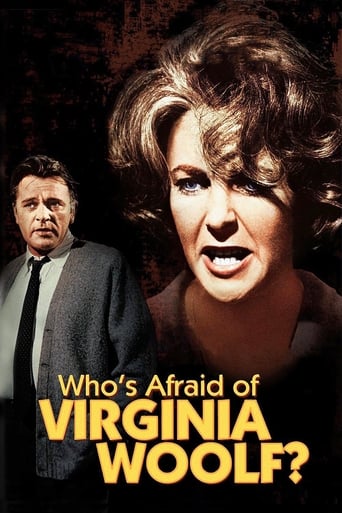
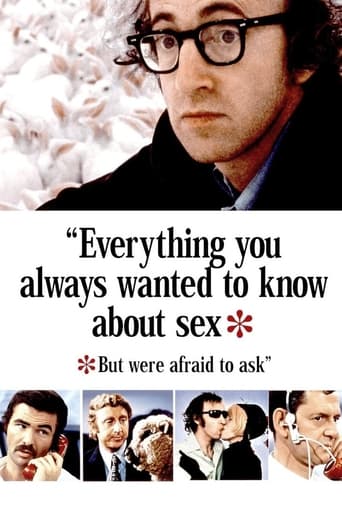
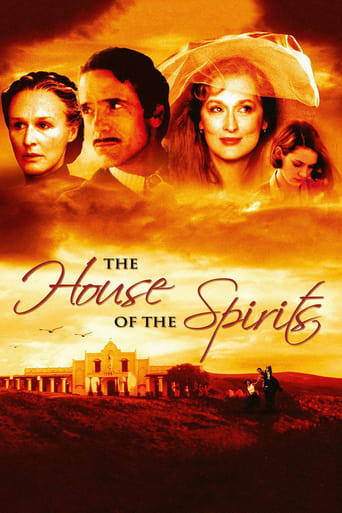
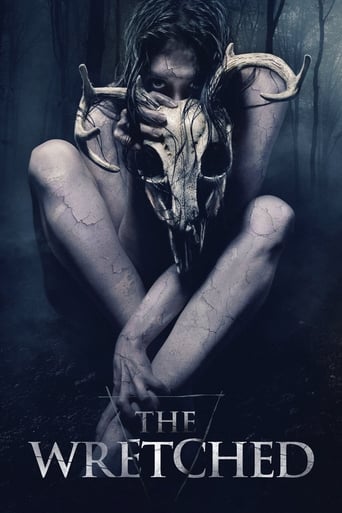
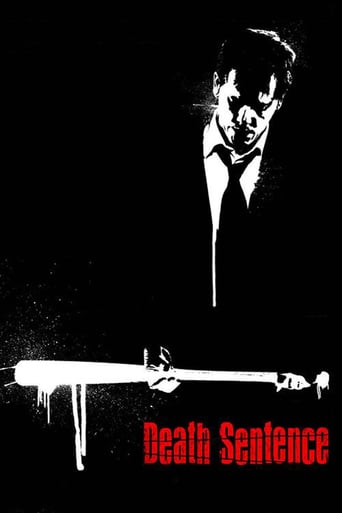

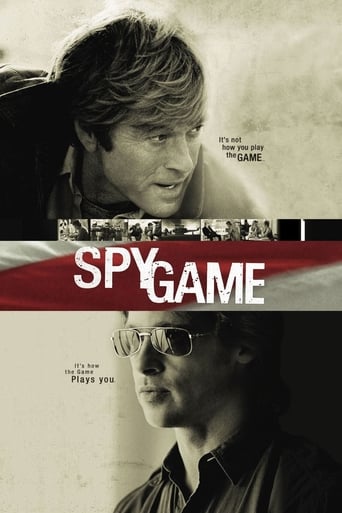
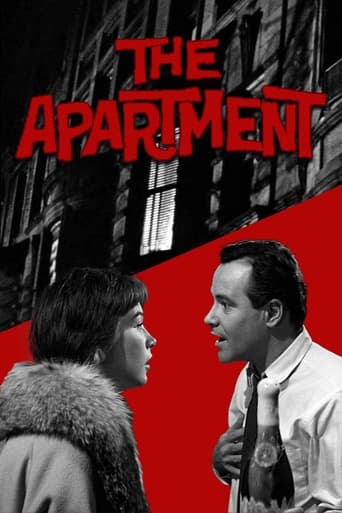
Reviews
Sadly Over-hyped
Best movie ever!
The first must-see film of the year.
Exactly the movie you think it is, but not the movie you want it to be.
In seventeenth Century Japan it is a time of relative peace and samurai who were in service to defeated warlords have fallen on hard times. One, Hanshiro, goes to the local castle asking if he me commit hara-kiri, ritual suicide, in the castle courtyard. Before granting permission he is told the story of Motome, another poor samurai from the same clan as Hanshiro, who made a similar request a year before. Several others had made similar requests but changed their minds when offered money; suspecting Motome is another 'suicide bluffer' they decide to make an example of him and force him to go ahead with his suicide; even after he begs for three ryo for his sick wife, Miho, and child not only that he must use his wooden bladed sword. This is slow and agonising. We then learn that Hanshiro not only knew Motome but is his father in-law and now he wants revenge. In flashback we then see Hanshiro and Motome's past and how the latter became so desperate. We then return to Hanshiro's present for the inevitably tragic conclusion.I have yet to see the original film so can't say how this compares. Judging it on its own I can say I really enjoyed it even if it was far from the 'samurai action film' I'd expected. The scene where Motome is forced to disembowel himself with a wooden sword is painfully gruelling to watch as it goes on and on even though it doesn't dwell on the wounds inflicted it is a hard watch; and rightly so. When we learn of his connection to Hanshiro that painful scene explains why he is so desperate to show how a real samurai lives and dies. The cast does a fine job; most notably Ebizô Ichikawa, Eita and Hikari Mitsushima as Hanshiro, Motome and Miho respectively. Takashi Miike's direction is impressively subtle given his reputation over-the-top violence. Overall I'd recommend this; just don't expect lots of action; this is about character.
I thought they did a wonderful job with this movie. They didn't sell out by making it all in English with American actors. They didn't go crazy making it a bloodbath just to get the younger viewers. The movie really gives you an insight into Japan's history and what life was like for these people. The atmosphere and story telling really draws you in. The acting is great especially one scene that had me cringing. There were a lot of parts where I was like whoa I didn't see that coming. I can understand those out there loyal to the original but you at least have to give the film makers of this remake credit. They stayed true to Japanese culture, they didn't get tom cruise or Keanu reeves to star in it. They didn't write it for the newer younger audience and make all the characters smart mouth kids. Unfortunately I haven't seen the original yet and I understand how those people might not like this one. I don't know how I would feel about a seven samurai remake? I think this movie was well done. It succeeded in telling a truly gripping story without going all modern on it and ruining it. I enjoyed it.
The basic plot of the movie is amazing.very original, and like nothing I've seen. The way the director chose not to end the movie with a revenge killing was amazing and didn't leave me with wanting of the characters to die. It made me feel as if his message got through and that his death at the end was fitting due to his completion of what he set out to do. The knowledge of the clans wrong doing set him for revenge but more powerful than blood. It seemed as if he made all the right moves and kept his honor. Unlike the clan. It made me feel content and confused with what really happened during the time of the samurai. The ending made me feel as if the icon of the armor was almost a god figure. When he tried to take it it said to me that the main character was saying to the clan " you aren't good enough to have it". And the throwing away of the hair knots made me think of how low the country of Japan got with the lowest point for me being world war 2. It was a very strong movie with lots of satisfying shots. But the only thing I didn't like was the subtitles. Sometimes they went to fast to read and left me wondering what someone said. Or the translation would be off for me.
True to current cinematic trends, Takashi Miike's "Hara-Kiri: Death of a Samurai" has been released in 3D. There's no real reason this process had to be applied to this particular film, given the fact that it isn't a fantasy, an animated family film, an action extravaganza (contrary to what the title suggests), or part of any genre in which 3D would be accepted – or, at the very least, tolerated. The film is, by and large, a character study and a tragedy, and as such, the visuals rarely lend themselves to gimmicky shots of objects flying at the screen or even creating an immersive experience. Making matters worse is the issue of brightness. Much of the film is spent within a cramped, dingy home in which sunlight almost never creeps in; this means that we in the audience must endure a dim, muddy picture of characters already immersed in shadow.My complaints about 3D notwithstanding, I admittedly did appreciate this film more than Miike's previous import, the overrated "13 Assassins," which isn't directly related to this film but certainly acts as a sort of parallel story. I think what bothered me the most about "13 Assassins" was that it was attempting to glamorize a life that, on the basis of what's depicted in the film, was anything but glamorous; here were a group of men living by a barbaric code of conduct, one that viewed ceaseless servitude and glorified suicide missions as honorable. Now we have a film that not only calls into question this lifestyle but also holds back on the gore and violence. There are two exceptions to the latter. One is a grotesque and needlessly protracted sequence in which a ronin attempts to commit seppuku with a wooden sword. The other is a final battle scene, less bloody but again needlessly protracted.Taking place in 1600s Japan, the film opens when a middle aged ronin named Hanshiro Tsugumo (Ebizo Ichikawa) enters the gates of samurai clan. Begging the audience with the lead retainer, Kageyu (Koji Yakusho), he claims that he is a samurai without a master to serve, and therefore wants die nobly by committing seppuku in his courtyard in full view of the other samurais. Kageyu isn't immediately willing to grant his request, seeing as it's now common for men to enter clan compounds, lie about their status as failed warriors, and claim they want to commit suicide when what they really want is charity. He tells Hanshiro the story of a young man who did exactly that not too long ago; his request was granted, but he only ended up asking for an extra day and, ultimately, for money. An example was made of him, of course, and as painfully as possible, he went through with the hara-kiri.In due time, Hanshiro is kneeling on a mat in the clan's courtyard, surrounded by well-clad, well-armed samurais. But before the suicide ritual can be completed, Hanshiro reveals that what he really wants is vengeance for the young man's death. And with that, he tells his own story, which plays as an extended flashback sequence. We learn that the young man was named Motome (Eita), and that Hanshiro took him in as a boy and raised him as his own after his father grew ill and died. We watch as Motome and Hanshiro's daughter, Miho (Hikari Mitsushima), grow up together, fall in love, and ultimately have a baby boy. We watch the entire family enduring more downs than ups, as they are poverty stricken. Motome, who took to reading and writing at an early age, is forced to pawn off his beloved books just for two eggs – one of which inevitably falls and cracks.The film veers into melodramatic territory the instant Miho lets out a small cough, and it only gets worse when her baby boy develops a fever. There are specific visuals related to both characters that could have easily been exploited for their ability to horrify an audience, but mercifully, Miike restrains himself; he shows that which is absolutely necessary to get the point across, and no more. Unlike "13 Assassins," which had its serious moments but was much more action driven, this movie is deliberately centered on its characters and the quieter moments they share. Although their desperate situation would fit right in with any present-day soap opera, we at least are given the opportunity to know who they are. We're also made to feel what they feel, unpleasant though it may be.The film, like "13 Assassins," is a remake of a 1960s Japanese samurai epic, and as the tenor of my review makes abundantly clear, I haven't seen the original version. No matter; I suspect present-day audiences are much more likely to compare this film to "13 Assassins" than to its cinematic source. At the risk of sounding like a broken record, I'm strongly advising you to steer clear of a 3D presentation of "Hara-Kiri: Death of a Samurai." Short of a digital presentation or the celluloid being run through an IMAX 3D projector, you will see only dark images that barely register as having any depth – save for a few brief scenes featuring falling snow, which is far more noticeable than all the people and swords put together. It's disappointing that Miike felt the need to do as many directors do nowadays and sacrifice imagery for technology.-- Chris Pandolfi (www.atatheaternearyou.net)
Top Streaming Movies











